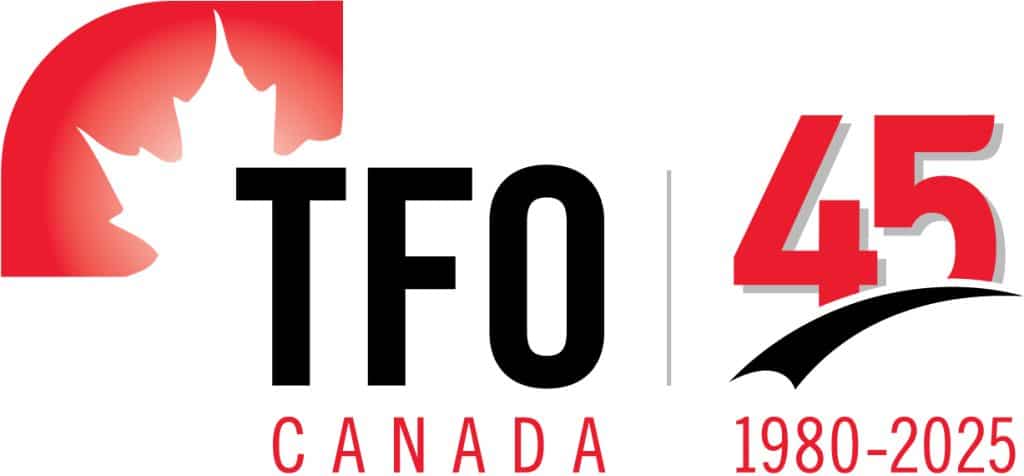Grocery leaders share how they’re prioritizing their sustainability efforts
“More than ever, Canadian consumers expect food retailers and brands to do their part to help fight the climate crisis. But what does that mean, exactly?
Whether it’s taking steps to prevent food waste, investing in eco-friendly store upgrades or working in partnership with environmental organizations to create positive change in the communities they serve, grocers are rising to the sustainability challenge. Read on to learn more.
Ken Keelor, CEO, Calgary Co-op: “Whether it’s in the community, in our stores or on our shelves, we are always looking for new ways to manage the business with a sustainability mindset. Some examples include our Fresh Food Rescue Program, which helps provide fresh food to local food banks, a compostable bag program at checkout, replacing light fixtures with LED systems and stocking more than 2,000 local products, decreasing our footprint. We even launched a private-label soap made with carbon captured from our head office.”
Christy McMullen, co-owner, Summerhill Market: “Our priority is to ensure we are compliant with the new rules and regulations. My brother [Summerhill president and co-owner] Brad is passionate about sustainability and led us to eliminating over one million plastic lids in the past year by shifting our prepared foods packaging to recyclable aluminum. When we need to use plastic, we use recyclable plastic. Our biggest purchases – beef, chicken, potatoes and dairy – are local. Our new store’s refrigeration system is also an in-floor heating system. As well, we are always looking at sustainable packaging ideas, but find we need to do our due diligence to ensure it’s beneficial for the environment and the economics of our business.”
Cadia Jackman, director, research & development, Campbell Company of Canada: “At Campbell Canada, we employ sustainability efforts with our people and our products. Our office is 6.3% better than the Energy Star Rating benchmark; we have eliminated all disposable plastic dishes and utensils and reduced the number of printers to lessen paper usage. Most of our packaging is fully recyclable and we are implementing How2Recycle labels on many products to educate consumers on recycling practices. We are using more sustainable packaging with our concentrated broth that includes sustainably sourced paper board fibre and 60% less packaging than our standard broth.”
Rob Wing, store director, Eataly Toronto: “Sustainability is an important consideration in our operations at Eataly. A variety of our fresh market products are sourced through local producers who prioritize responsible farming practices, from Diana’s Seafood, which works closely with Ocean Wise for sustainable seafood to Linton Pasture Pork for humanely raised pigs. When talking about sustainability, we also must address food waste. We’ve established a ‘second life’ program, where fresh ingredients reaching the end of their shelf life in our market can be used on the menu in our restaurants or distributed through food waste reduction programs such as Too Good To Go.”
Emma Race, senior director of sustainability & social impact, Loblaw: “Given we’re in virtually every town, big and small, we understand the responsibility we have to those who live and work in these communities. That’s why our sustainability efforts focus on fighting climate change, with very specific but wide-ranging priorities that will directly benefit every store and community we operate in. Our goals include achieving net-zero GHG emissions by the end of 2040, making all our control brand and in-store plastic packaging recyclable or reusable by 2025, and sending zero food waste to landfill by the end of 2030. This is how we deliver on our purpose and help Canadians live life well.”
Stephanie Cass, vice-president, institutional affairs and corporate communications, Ferrero Canada: “Commitment to the planet and communities in which we operate are at the heart of Ferrero. Our programs and partnerships ensure our work is environmentally sustainable for the long term. We focus our efforts in areas where we can make the biggest impact, such as sustainably sourced ingredients, climate change, packaging, and water, energy, and waste management. In Canada, we take a project, people, and partnership approach. We identify projects focused on renewable energy, reducing emissions throughout our operations, minimizing waste, increasing recycling, and improving overall plant efficiency. What we cannot manage ourselves, we will find the right partners. We also empower our colleagues through continual education so they can take meaningful action at home and work. Last year, for example, we partnered with Tree Canada to plant over 450 trees in the City of Markham.””
*This article is excerpted from Canadiangrocer.com website, published 25th April 2023
